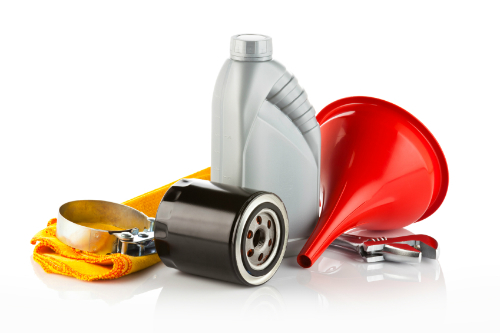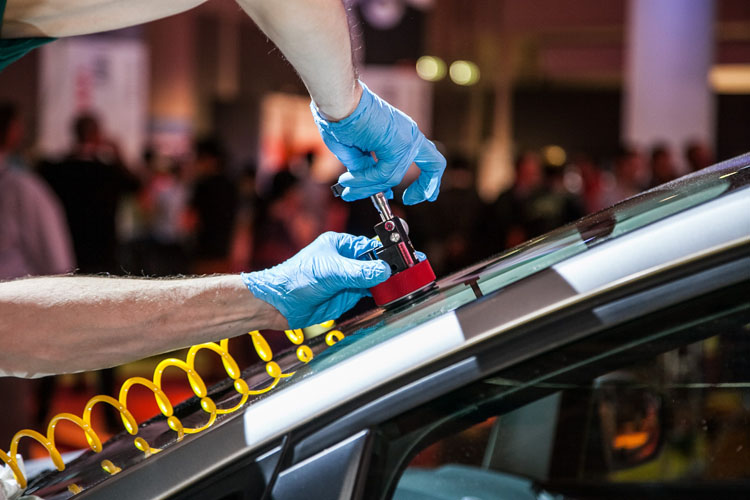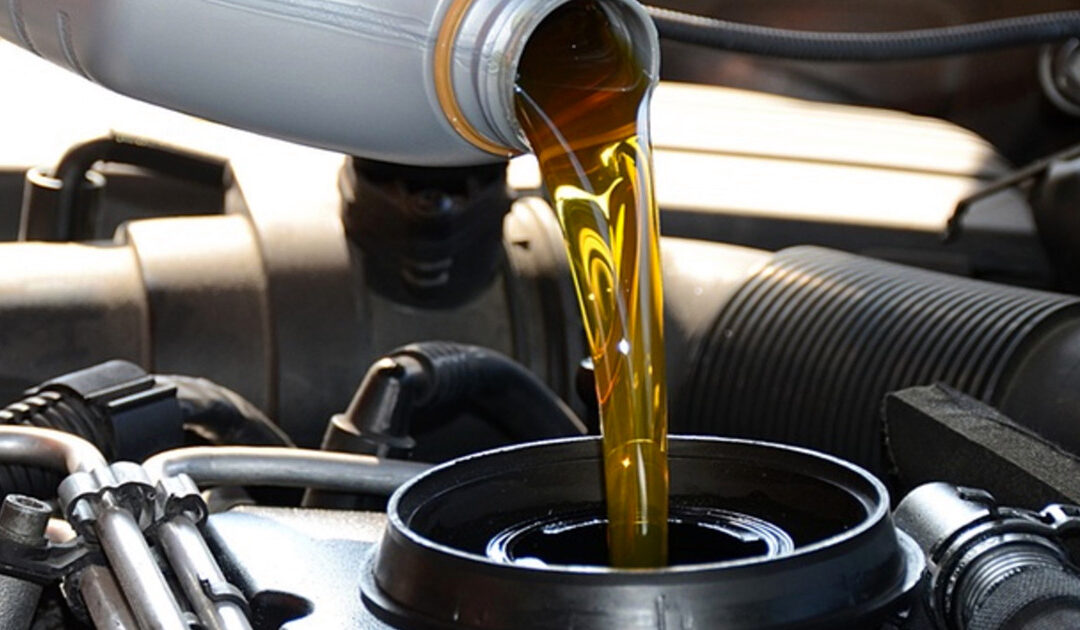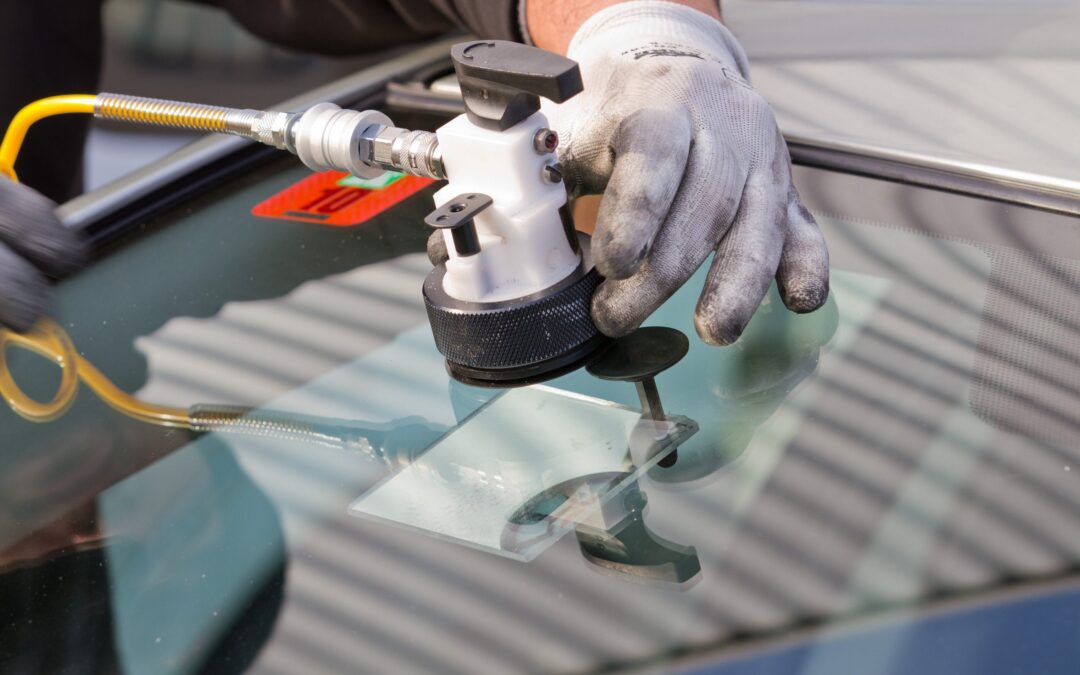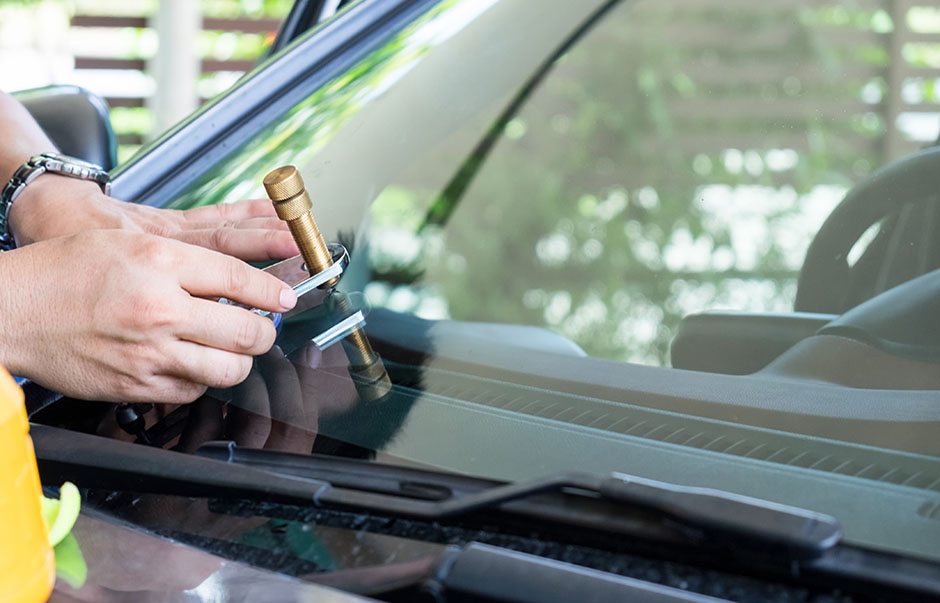
Don’t Ignore Chips and Cracks on your Windshield
Neglecting any sort of blemishes on your windshield, regardless of size or severity, can be dangerous for you and other drivers on the road. A lot of drivers may notice a tiny crack in the windshield and think nothing of it. If the chip does not affect their field of vision, or pose an immediate threat, many vehicle owners will put off fixing it until it becomes a bigger problem. The main concern with the ‘wait and see’ approach is that it will eventually become a much larger issue, that much you can count on.
Minor blemishes in your windshield can be quick and easy to repair if handled in a timely fashion. When cracks are small and superficial, they are quite easy to fix. However, if seemingly insignificant damage is ignored, over time the problem will inevitably spread. As these cracks extend from the initial point of contact, they begin to compromise the integrity of the entire windshield. This now jeopardizes the safety of you and your passengers, as well as all the drivers around you. Not mention that a quick repair is no longer an option, and the only fix now is an expensive full windshield replacement.
The main take away here is to stay vigilant with your autoglass windshield repair to avoid further damage, costly replacements, and safety risks.
Reasons to Stay on Top of Autoglass Windshield Repair
There is an assortment of convincing reasons to practice responsible windshield care. Some of the biggest factors include:
- Safety
- Cost
- Time
- Performance
- Environmentally responsible
Safety
For all practical purposes, the number one to stay vigilant with your autoglass windshield care is safety. As a driver, your chief responsibility should be to optimize safety for yourself, your passengers, and other drivers in your vicinity.
Windshield blemishes compromise safety by hindering driver visibility as well as weakening the strength of your windshield should you get into an accident. There are enough hazards on the road already for drivers to be cautious about; there is no need to further contribute to danger with a damaged windshield.
Cost
As prices for virtually everything around us are continually on the rise, people are constantly looking for ways to save money to make ends meet. Unfortunately, this results in people cutting corners in certain areas to save money. Neglecting chips in your windshield is not a recommended cost-cutting solution. You may think you are saving money by forgoing small repair expenses to get a chip fixed. However, this will inevitably cost you more money in the long run. The blemish is not just going to go away or repair itself. It will continue to spread across your windshield, and if ignored for long enough, will result in a more time-consuming and expensive windshield replacement.
Time
There is no disputing that repairing a small crack in your autoglass takes considerably less time than a full replacement would. A simple and speedy blemish fix means minimal downtime for your vehicle. A windshield replacement is a more demanding and labor intensive fix, meaning your vehicle may not be available for you to get to work or other important appointments.
Performance
Getting blemishes fixed as they occur helps ensure that your field of vision is unhindered, and your driving visibility is optimized. This enhances not only safety, but also performance. When cracks are professionally repaired on your windshield, it strengthens that area in the glass to improve overall durability for longer lasting performance.
Environmentally Responsible
When a windshield replacement is required, it means having the entire windshield removed and it will most likely end up in a landfill. Getting repairs done as needed prevents this process, which is beneficial to your bank account as well as the environment.
Staying on top of windshield care for your vehicle is the best thing you can do for enhancing safety, reducing expenses, improving performance, and minimizing environmental impact.


